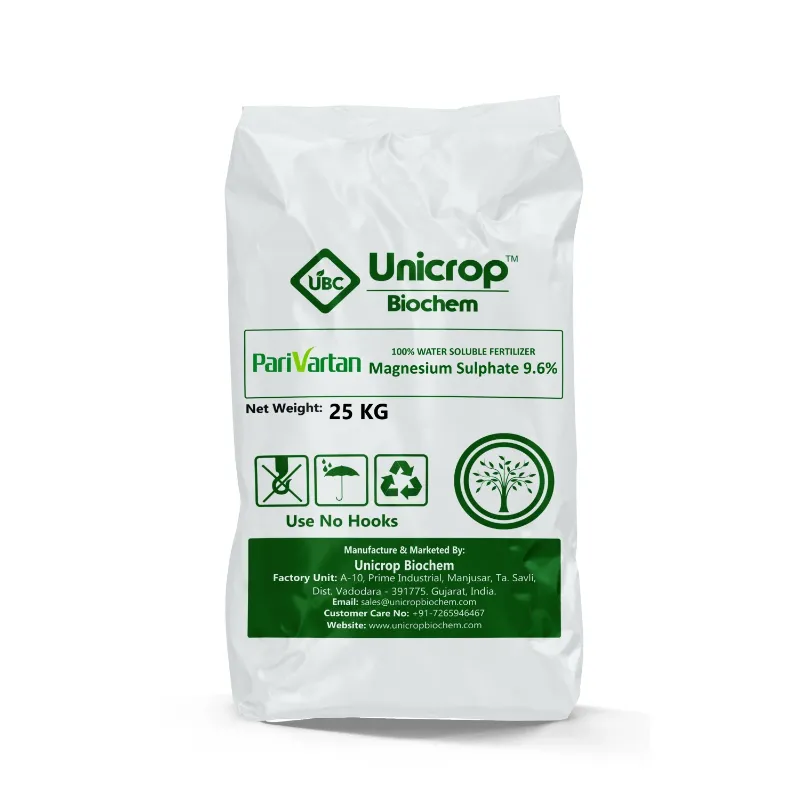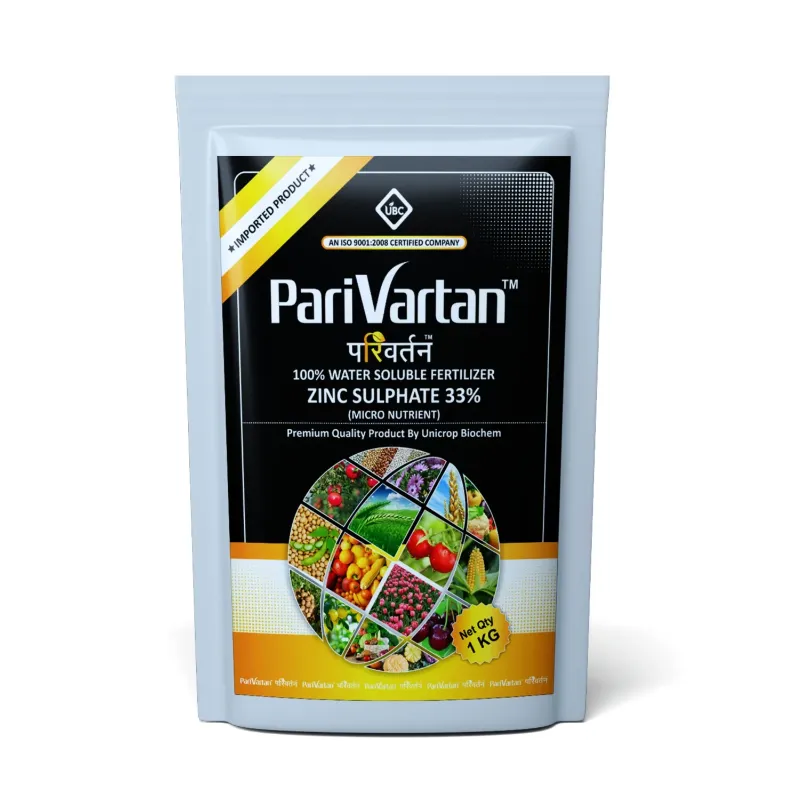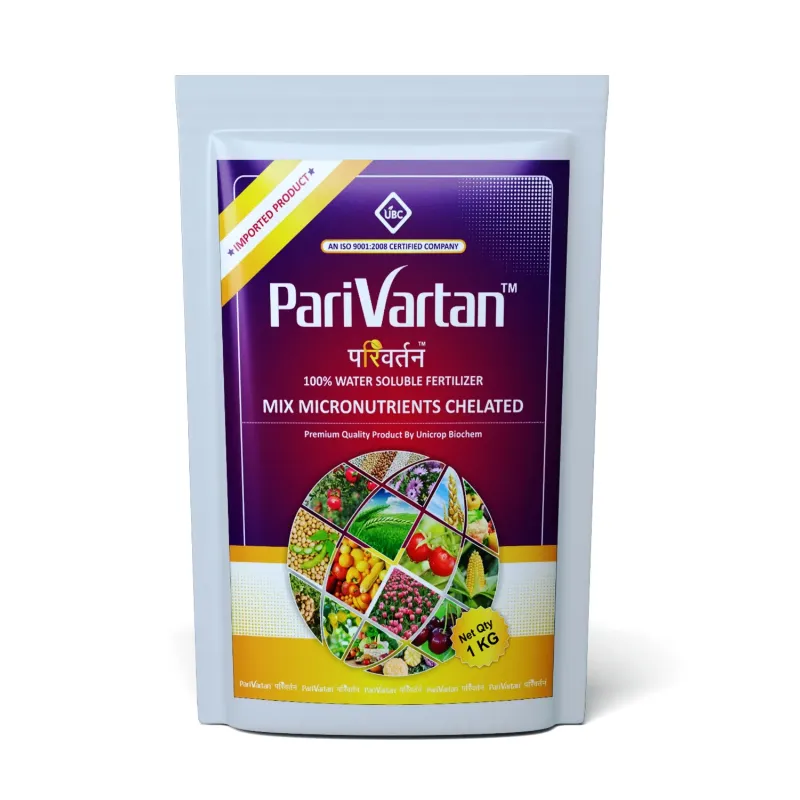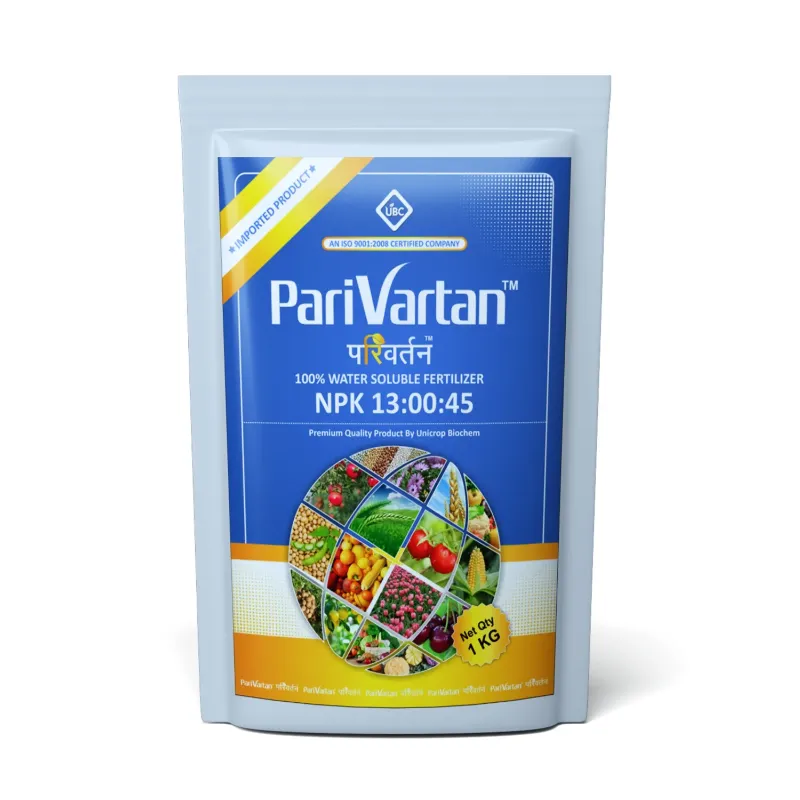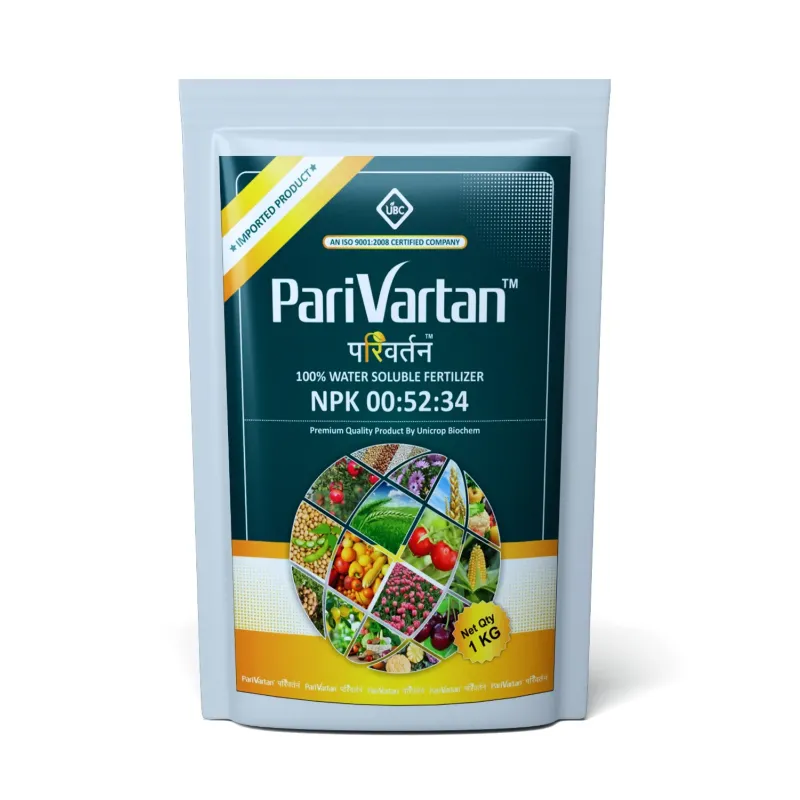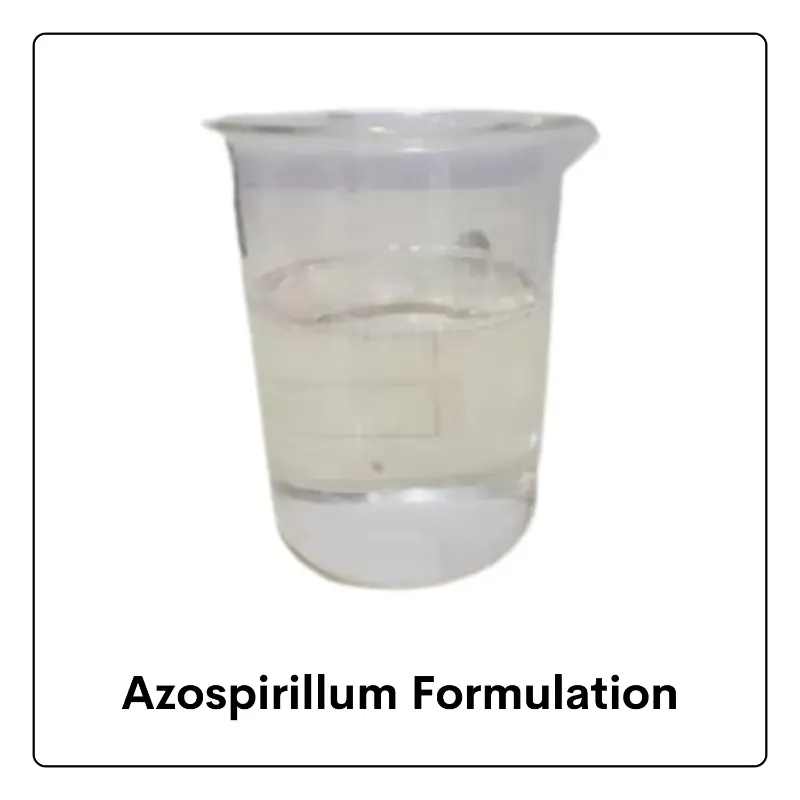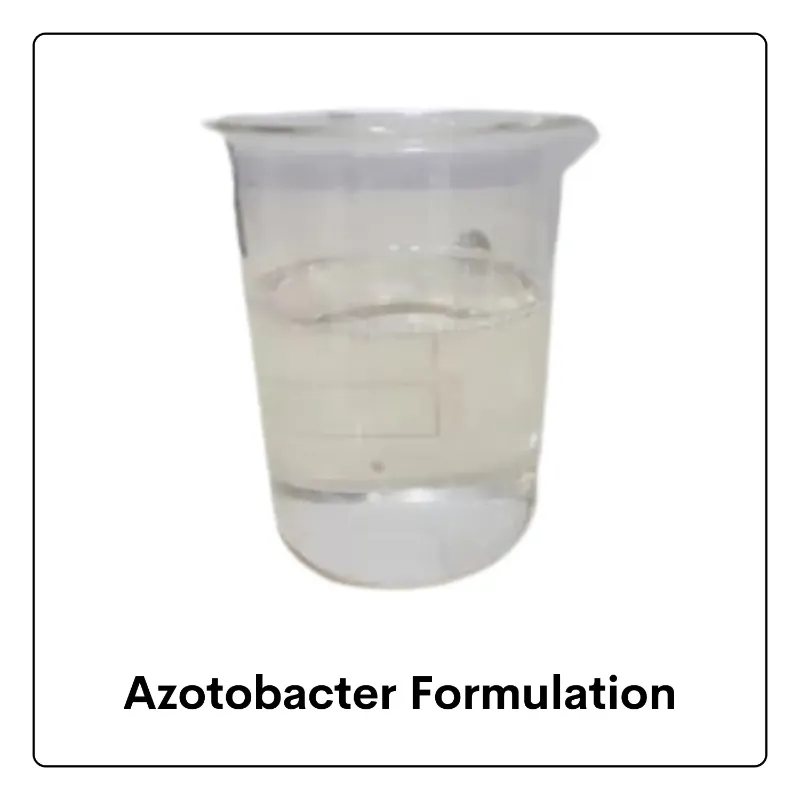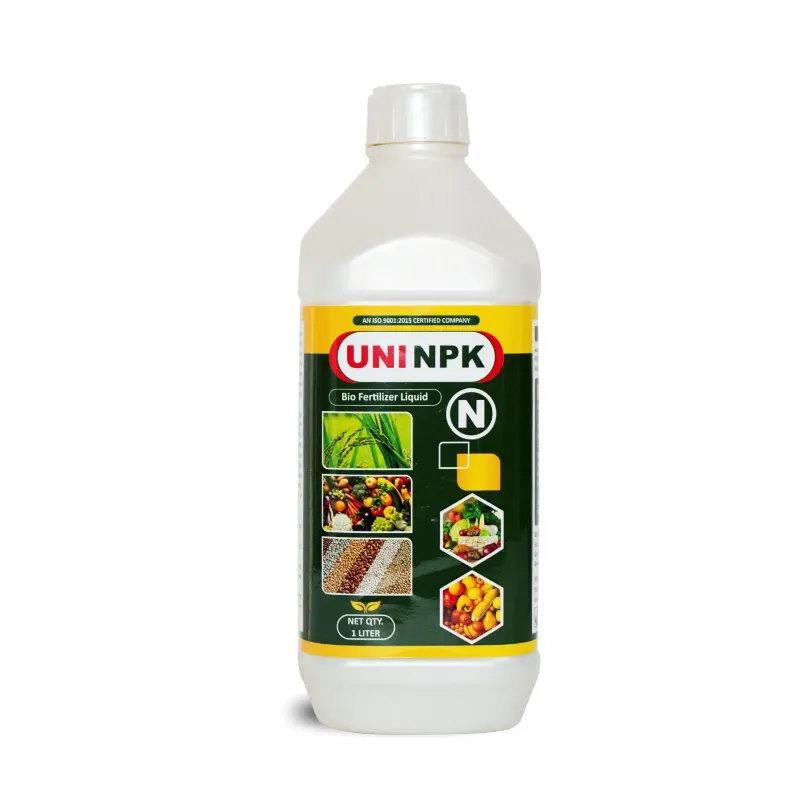Introduction:
Unicrop Biochem is a leading innovator in sustainable agriculture, dedicated to providing eco-friendly solutions that enhance soil health and crop productivity. Unicrop Biochem is committed to revolutionizing the agricultural sector with high-quality bio and organic inputs. Our products are designed to improve soil fertility, boost plant health, and support sustainable farming practices. By reducing the dependence on synthetic chemicals, our solutions promote a healthier environment and contribute to the long-term sustainability of farming. We focus on developing products that not only meet the needs of modern farmers but also align with environmental conservation goals. Our dedication to research and innovation ensures that we remain at the forefront of sustainable agricultural practices, providing farmers with the tools they need to thrive in an increasingly eco-conscious world.
Benefits of Crop Rotation in Organic Farming:
- Improved Soil Fertility:
- Crop rotation helps maintain and enhance soil fertility by alternating crops with different nutrient requirements and contributions.
- Pest and Disease Control:
- Rotating crops disrupts the life cycles of pests and diseases, reducing their prevalence and minimizing the need for chemical interventions.
- Weed Suppression:
- Different crops can outcompete weeds through varied growth patterns and timings, helping to keep weed populations in check.
- Enhanced Biodiversity:
- Growing a variety of crops supports a diverse range of soil organisms and beneficial insects, contributing to a more resilient ecosystem.
- Soil Structure Improvement:
- Different root structures and growth habits of rotated crops help maintain and improve soil structure, promoting better water infiltration and retention.
- Reduction of Soil Erosion:
- Alternating crops with deep and shallow roots helps prevent soil erosion by maintaining soil cover and structure.
- Nutrient Management:
- Crop rotation facilitates more efficient nutrient use and recycling, reducing the need for synthetic fertilizers.
- Resilience to Climate Variability:
- Diverse cropping systems are better able to withstand extreme weather conditions and climate variability, ensuring more stable yields.
Key Steps in Implementing Effective Crop Rotation:
- Plan Crop Sequences:
- Develop a rotation plan that includes a diverse mix of crops with different nutrient needs and pest resistance profiles.
- Incorporate Legumes:
- Include legumes in the rotation to fix nitrogen in the soil, enhancing fertility for subsequent crops.
- Consider Cover Crops:
- Use cover crops during off-seasons to protect soil, add organic matter, and suppress weeds.
- Monitor Soil Health:
- Regularly test soil to understand its nutrient status and make informed decisions about crop sequences and amendments.
- Adapt to Local Conditions:
- Tailor crop rotation plans to the specific climate, soil type, and pest pressures of the farming location.
Conclusion:
In conclusion, crop rotation is a cornerstone of organic farming that offers numerous benefits for soil health, pest and disease management, and overall farm productivity. By rotating crops, farmers can enhance soil fertility, reduce reliance on chemical inputs, and promote a more sustainable and resilient agricultural system. Unicrop Biochem is committed to supporting farmers in adopting these practices through our range of bio and organic products designed to complement and enhance crop rotation systems. By integrating crop rotation with our innovative solutions, farmers can achieve greater productivity and sustainability. Embracing crop rotation not only benefits the farm ecosystem but also contributes to a healthier environment, ensuring long-term agricultural success. Unicrop Biochem stands as a partner in this journey, providing the tools and knowledge needed to implement effective crop rotation and reap its many rewards.
